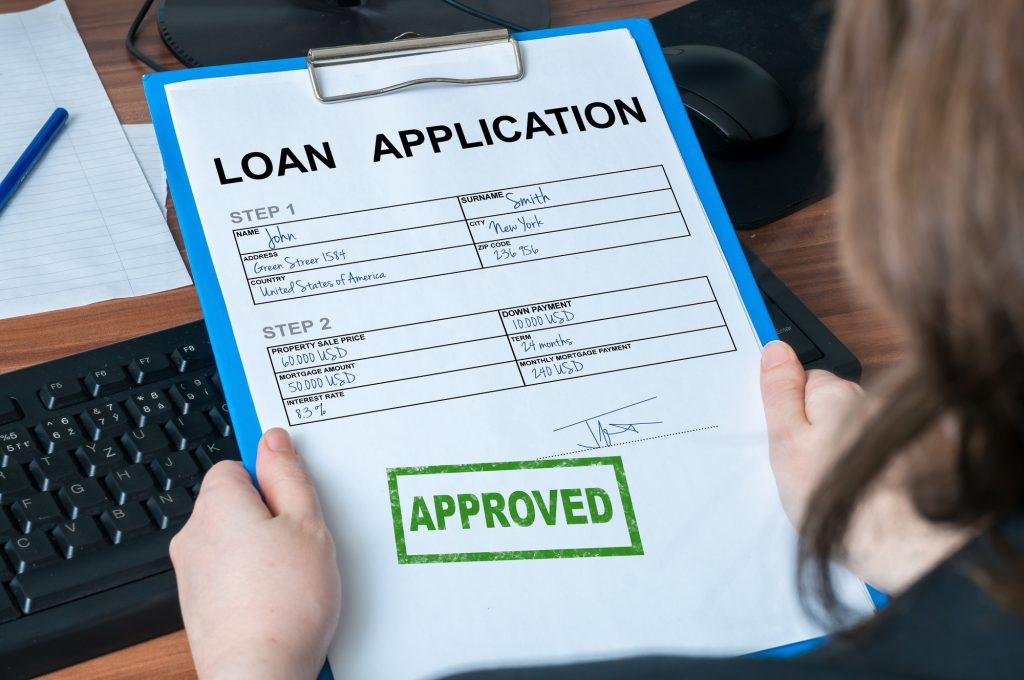
You’ve made the decision to purchase your dream home. Congrats! Have you considered getting a mortgage?
You may be a bit scared to apply for such a big loan if you have never done it before. You can relax because being prepared will make all the difference.
Knowing how to apply for a home loan is crucial. After your purchase has been accepted, the real countdown starts. Moreover, it can take up to forty-five days to close your mortgage.



